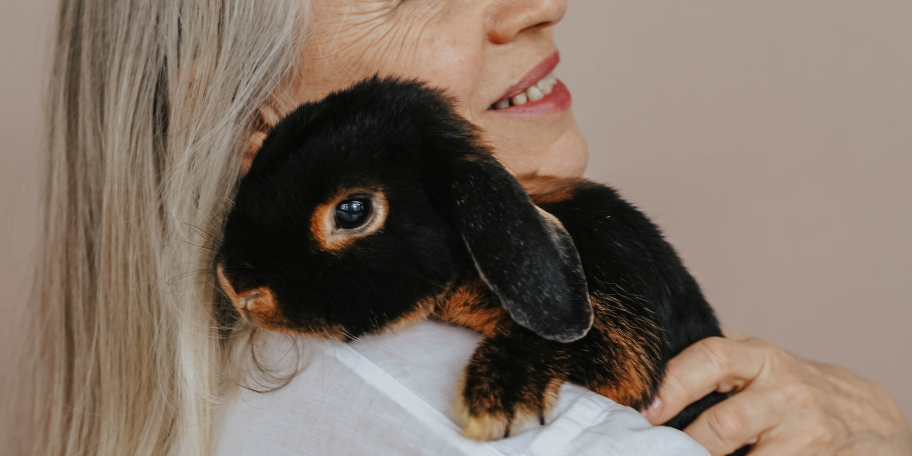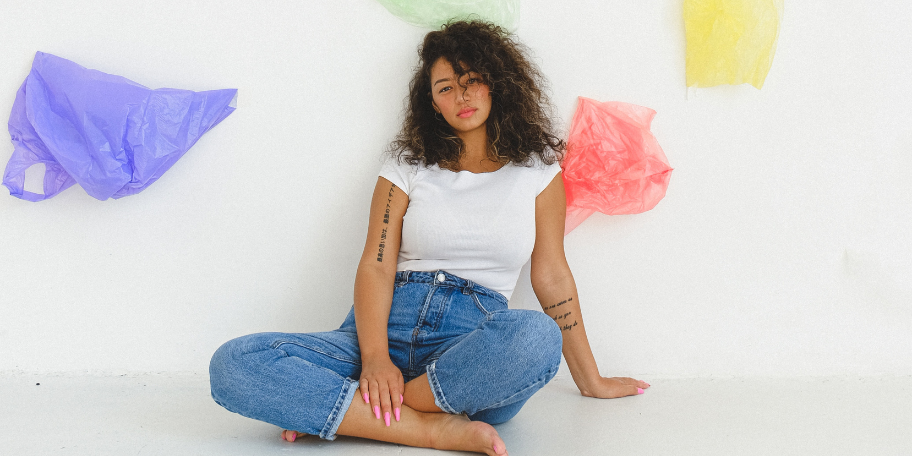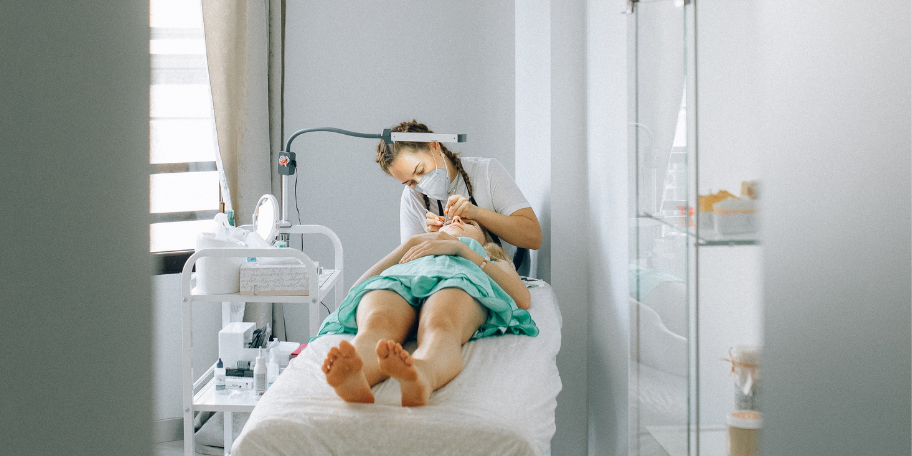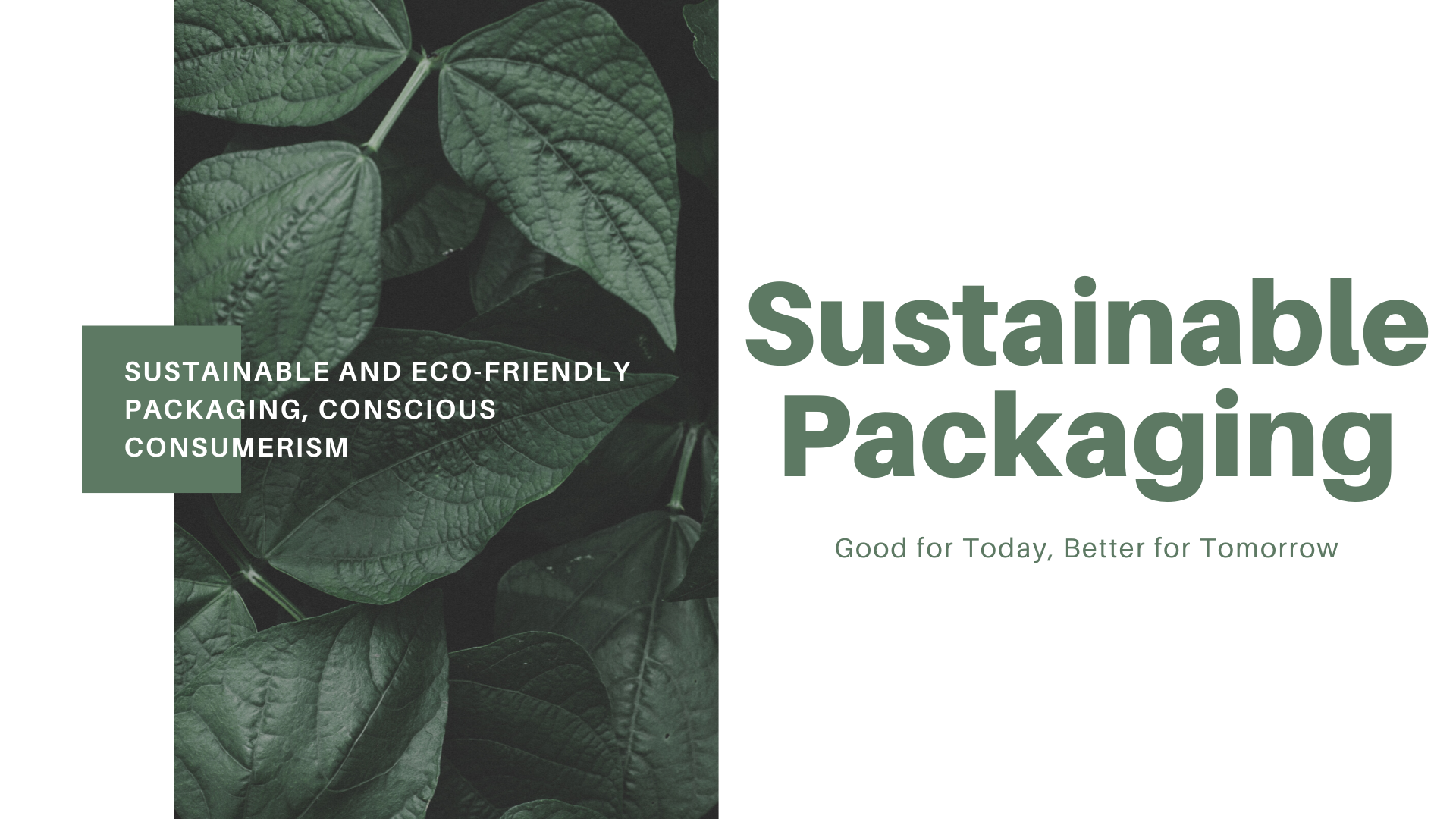No Cosmetic Needs Tested on Animals to Prove It’s Safe

We’re super excited to announce that QMBeautique is now Cruelty-Free Kitty verified! *Woot, Woot*
We promise this article is stuffed with useful and insightful information about why cosmetics no longer need to be tested on animals in order to be proven safe. But, just in case you’ve been led to believe animal testing is the safest way, let’s toss around some potential answers to some provoking questions:
- Why is it that brands still rely on animal testing to ensure their products are safe and effective despite there being other testing alternatives?
- Does animal experimentation guarantee the product is truly safe for use?
- Today, is animal testing even an effective way of testing for possible side effects?
- Or are these companies being financially careful, using animal testing as a sort of legal safeguard, just in case a customer has an unwanted reaction to their product?
Of course, you can come to your own conclusion, but we’re pretty convinced the practice languishes on for the last reason: legal liability.

[But hey, we’re not here to argue the politics of it all, although; you should know the FDA doesn’t require any company to test on animals. So throw compliance out the window of “reasons brands still rely on animal testing.”]
A core value of our company is being cruelty-free right alongside being Leaping Bunny Certified and our products being vegan. Through our own research and development, we know to certify products, responsible cosmetic and skincare brands no longer need to use animal experiments.
The Research Saying “Do Animal Testing,” is Outdated
One report on animal testing stands out immediately for us. It completely discredits the notion that testing on animals is required to “100 percent guarantee” that a product will not cause irritation. As it turns out, animal testing as a precaution is proven not always to work. In most cases, it causes more harm and suffering than it does deliver useable data.
Testing on non-human animals cannot consistently predict the effect a product will have on human users:
To add to the dispute, according to FDA data, 92 percent of drugs, pre-clinically, tested on animals still managed to fail a safety check or did not meet effectiveness standards set later on. It’s like we said — a dated practice. This century’s, albeit slowly executed, but many global bans on animal testing, shine prominent spotlights on the global public’s swaying opinions. It’s time for the industry to adopt something better, more advanced, and for us shoppers to expect that of it. There’s one more, really obvious reason to consider a full halt. In our opinion, it’s this last one that really tips the scales…
Decades of animal testing imply we already have an extensive database of non-harmful ingredients. We know how most ingredients interact.
Besides, anything new would probably be better off being tested with newer, refined methods, such as safety experimentation that uses test tubes, and human cells or tissue. Another, even less invasive method uses advanced computer modeling known as silico models.
Those companies who’ve been around, have the means to rise to the occasion. They just need everyone to say what they have to do. How you shop changes industry standards. You can also support small brands, the new movers and shakers of the industry; *cough, cough* like us!

How to Shop Cruelty-Free Brands
There are many brands that focus on being cruelty-free (CF), and we're not the only ones. Animal testing campaigns may have started as early as the 1980s when Henry Spira took on Revlon cosmetics and ended their inhumane Draize testing. *Well, that is, Revlon's direct testing was eliminated.
This is how Revlon's animal testing policy currently reads:
“Revlon does not conduct animal testing and has not done so for decades. We comprehensively test all of our products using the most technologically advanced methods available to ensure they are both innovative and safe to use. We believe that all women should have the opportunity to express themselves through makeup and we sell our products in many markets around the world. [**]Regulatory authorities in some countries conduct independent testing in order to satisfy their own mandatory registration requirements and a limited number of these countries have not yet adopted alternative testing methods. While Revlon complies with the requirements for safety in all of these countries, we continue to collaborate with other companies to advocate for the adoption of alternative testing methods and the elimination of animal testing around the world.”
In 2014, Suzana Rose founded Cruelty-Free Kitty, which is an independent third-party organization that supports cruelty-free businesses. Revlon wouldn’t meet the standards needed to become Cruelty-Free, Kitty verified — but we met the standards! *sly smile* and now we’re verified and Oh-FISH-all. (Cat pun intended.)
Cruelty-Free Kitty
The company serves as a resource bank full of roughly 1,000 brands that their small team has personally vetted as being CF. Cruelty-Free’s founder aims to end animal testing by redirecting consumers to shop CF brands over brands that actively keep animal testing alive. Their efforts are a part of a growing movement that has made the industry worth billions ( USD 14.23 Billion by 2030, to be exact.)
Sure you can do the research on your own, but I know no faster way to suck the joy out of shopping than researching product labels, parent companies, and policies. Spend too much time and you may convince yourself there is no green alternative. A quick search of a cosmetic brand is CF or vegan may not paint the entire picture.
That’s where Cruelty-Free Kitty comes into play —
Brands may claim to be CF, sustainable, or vegan without actually being any of those things. This is called greenwashing. Then you have to consider which brands are just being downright misleading or evasive (like Revlon.)
How Does Cruelty-Free Kitty Vet Its Directory Brands?
Well, first off, the founder of this company is still very much hands-on, “Today we have a small team, and I still have the final say regarding each brand we vet.” Guidelines were created based on established frameworks of reputable organizations such as ‘Cruelty-Free International and ‘Humane Society International.’

This is CFK’s list of qualifications needed to be verified:
- Finished Products: Their finished products are not tested on animals by the company or any other company.
- Ingredients: Their ingredients are not tested on animals by the company or any other company.
- Suppliers: Their suppliers do not test ingredients, raw materials, or finished products on animals.
- Third Parties: No third party is testing their finished products or ingredients animal on their behalf.
- Required by Law: They don’t test on animals where the law requires it, and are not sold in mainland China.
The purpose of this brand is to help those who care, do better for the planet with ease. Our brand allows you to show respect to our only planet, still allowing you to indulge in quality beauty products.
With that said…
We’re so excited to announce that QMBeautique Cosmetics are officially Cruelty-Free Kitty verified!
The safety of our clients is our number one priority, but we also take environmental impact seriously, as we're sure you do as well. Follow our blogs for more about sustainable beauty. And snag Cruelty-Free Kitty’s October subscription box to receive a full-sized sample of one of QMBeautique top rated sustainable cosmetic tools!






Comments